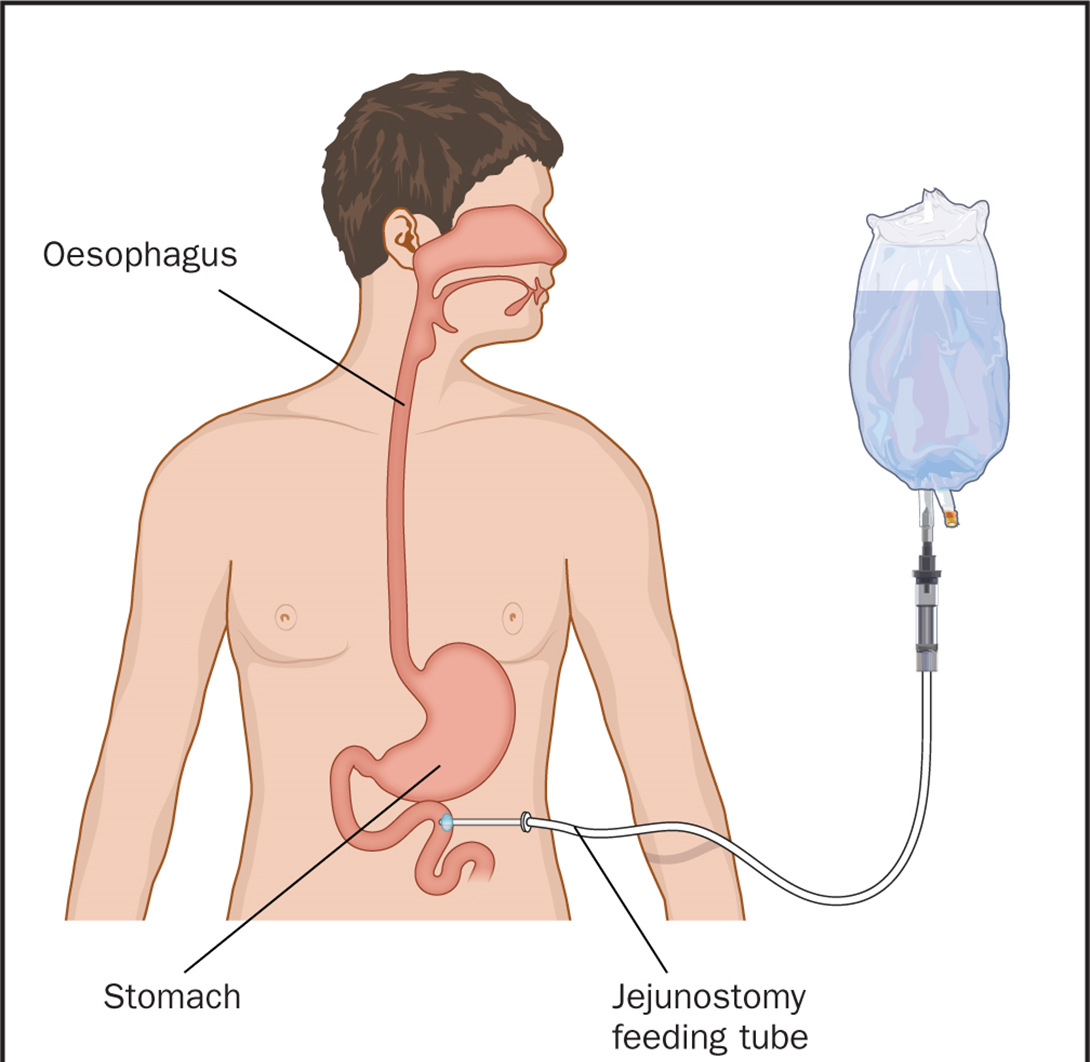A nurse is caring for a client who follows a vegan diet. The nurse should identify that the client is at risk for which of the following deficiencies?
Vitamin D
Vitamin C
Magnesium
Folic acid
The Correct Answer is A
Choice A reason: Vitamin D is a fat-soluble vitamin that is essential for bone health, immune function, and calcium absorption. It is mainly obtained from exposure to sunlight and animal sources, such as dairy products, eggs, and fish. Vegans are at risk for vitamin D deficiency, especially if they live in areas with limited sunlight or do not take supplements.
Choice B reason: Vitamin C is a water-soluble vitamin that is important for collagen synthesis, wound healing, and antioxidant activity. It is abundant in plant sources, such as fruits and vegetables. Vegans are not likely to be deficient in vitamin C, unless they have a very restricted diet or a malabsorption disorder.
Choice C reason: Magnesium is a mineral that is involved in many enzymatic reactions, muscle contraction, nerve transmission, and bone formation. It is widely distributed in plant and animal foods, such as nuts, seeds, legumes, grains, and green leafy vegetables. Vegans are not prone to magnesium deficiency, unless they have a chronic condition that affects magnesium absorption or excretion.
Choice D reason: Folic acid is a water-soluble vitamin that is essential for DNA synthesis, cell division, and red blood cell production. It is found in fortified grains, cereals, breads, and pasta, as well as in dark green leafy vegetables, beans, and lentils. Vegans are not at risk for folic acid deficiency, as long as they consume enough of these foods or take supplements.
Nursing Test Bank
Naxlex Comprehensive Predictor Exams
Related Questions
Correct Answer is D
Explanation
Choice A reason: Abdominal distention is a possible complication of enteral nutrition, as it may indicate gas accumulation, constipation, or intolerance to the formula. However, it is not the greatest risk to the client, as it can be prevented or managed by adjusting the formula, rate, or volume of the feeding, or by administering medications or enemas.
Choice B reason: Fluid overload is a possible complication of enteral nutrition, as it may indicate excessive fluid intake, renal impairment, or heart failure. However, it is not the greatest risk to the client, as it can be prevented or managed by monitoring the fluid balance, electrolytes, and vital signs, or by administering diuretics or fluid restriction.
Choice C reason: Glycosuria is a possible complication of enteral nutrition, as it may indicate hyperglycemia, diabetes, or infection. However, it is not the greatest risk to the client, as it can be prevented or managed by monitoring the blood glucose, urine output, and signs of infection, or by administering insulin or antibiotics.
Choice D reason: Tube obstruction is the greatest risk to the client, as it may indicate clogging, kinking, or twisting of the tube, which can impair the delivery of the nutrition and medication, and cause aspiration, infection, or perforation. Tube obstruction can be prevented by flushing the tube with water before and after each feeding or medication, and by using a syringe or a pump to administer the formula. Tube obstruction can be managed by using warm water, carbonated beverages, or pancreatic enzymes to unclog the tube, or by replacing the tube if necessary.

Correct Answer is B
Explanation
Choice A reason: Bran cereal is high in phosphorus, containing about 34% of the DV per cup (118 g) ( 1 ). Phosphorus is a mineral that helps build strong bones and teeth, but too much of it can cause problems for people with kidney disease. The kidneys normally filter out excess phosphorus from the blood, but when they are damaged, phosphorus can build up and cause bone loss, itching, and calcification of blood vessels and organs ( 2 ).
Choice B reason: A medium apple is low in phosphorus, containing only 3% of the DV per 182 g ( 3 ). Apples are also a good source of fiber, vitamin C, and antioxidants. They can help lower blood pressure, cholesterol, and blood sugar levels, which are beneficial for people with kidney disease ( 4 ).
Choice C reason: Scrambled eggs are moderate in phosphorus, containing about 12% of the DV per large egg (50 g) ( 5 ). Eggs are also high in protein, which can increase the workload of the kidneys and worsen kidney function. People with kidney disease should limit their protein intake to 0.8 g per kg of body weight per day, unless advised otherwise by their doctor ( 6 ).
Choice D reason: Ground turkey is high in phosphorus, containing about 16% of the DV per 3 oz (85 g) ( 7 ). Ground turkey is also high in protein, which can have the same negative effects as eggs on kidney function. People with kidney disease should choose lean meats and poultry, and eat them in moderation.
Whether you are a student looking to ace your exams or a practicing nurse seeking to enhance your expertise , our nursing education contents will empower you with the confidence and competence to make a difference in the lives of patients and become a respected leader in the healthcare field.
Visit Naxlex, invest in your future and unlock endless possibilities with our unparalleled nursing education contents today
Report Wrong Answer on the Current Question
Do you disagree with the answer? If yes, what is your expected answer? Explain.
Kindly be descriptive with the issue you are facing.
